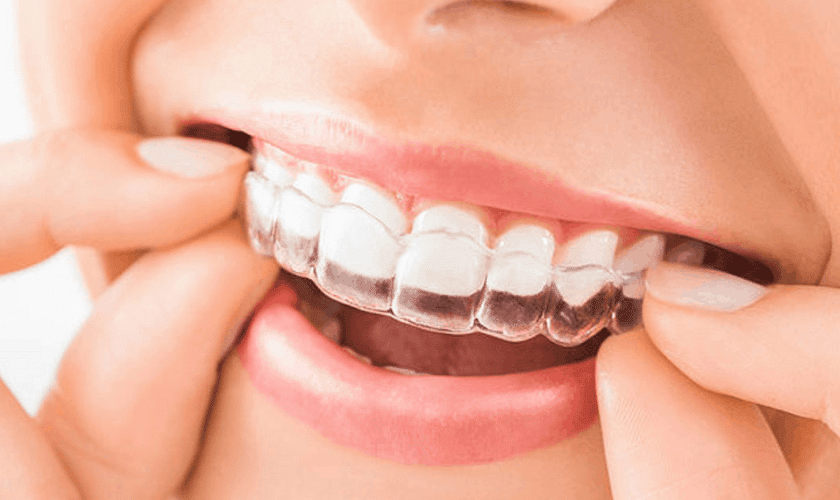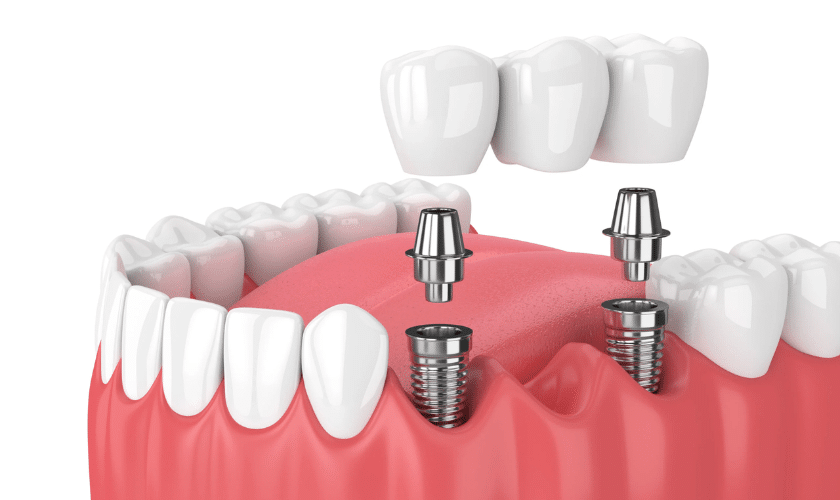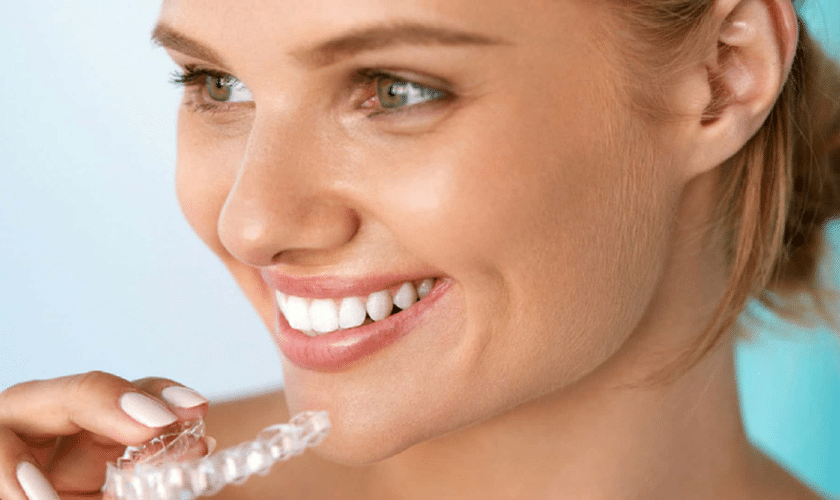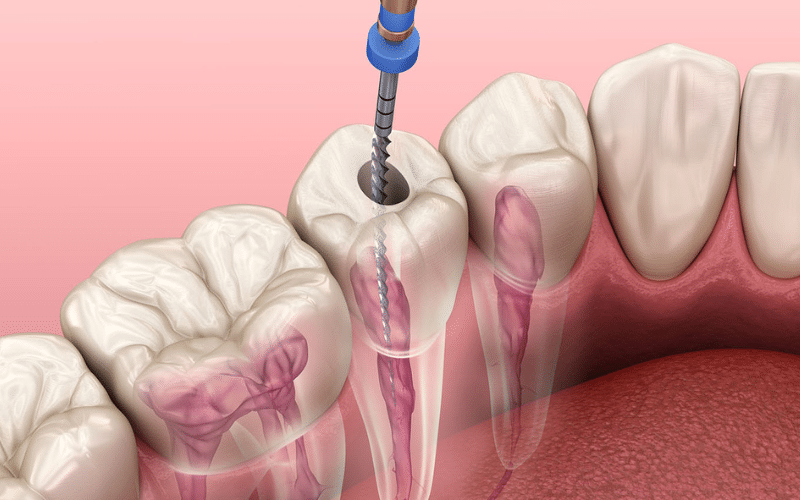
Attention all smile lovers! Are you looking for ways to keep your pearly whites shining bright and healthy? Look no further than preventive dental care. Gum disease affects nearly half of the adults in the United States, but with a little knowledge and effort, it can be easily prevented. In this blog post, we will provide you with tips and tricks to maintain good oral hygiene habits that will help you avoid gum disease and keep your teeth sparkling clean. Say goodbye to cavities and hello to a stunning smile by following these simple steps toward preventive dental care. Let’s get started!
Preventive Dental Care?
Preventive dental care is all about taking steps to avoid gum disease. The first step is to brush and floss your teeth regularly. This helps remove plaque from your teeth and gums. Plaque is a sticky film of bacteria that can cause gum disease if it’s not removed.
You should also see your dentist or dental hygienist regularly for professional cleanings and checkups. They can remove plaque that you may have missed with brushing and flossing. They can also spot early signs of gum disease and help you treat it before it becomes a more serious problem.
In addition to regular brushing, flossing, and professional cleanings, there are other things you can do to prevent gum disease. These include quitting smoking, managing diabetes, and controlling stress levels. Eating a healthy diet and getting enough exercise is also good for your overall oral health.
Source: Heartland Health & Wellness Fund
Benefits of Preventive Dental Care
Preventive dental care is important for many reasons. It can help avoid gum disease, tooth decay, and other serious oral health problems. Here are some tips for preventive dental care:
1. Visit your dentist regularly. Seeing your dentist every six months can help prevent problems before they start. Your dentist can also spot early signs of trouble and provide treatment to keep your smile healthy.
2. Brush and floss daily. Brushing twice a day and flossing once a day helps remove plaque from teeth and gums. Plaque is a sticky film of bacteria that can cause gum disease and tooth decay.
3. Eat a balanced diet. Eating a diet that includes plenty of fruits, vegetables, whole grains, and low-fat dairy products helps keep your teeth and gums healthy. Avoid sugary snacks and drinks, which can contribute to tooth decay.
4. Don’t smoke tobacco products. Smoking tobacco products increases your risk for gum disease and other oral health problems. If you use tobacco products, talk to your dentist about ways to quit smoking or using tobacco safely
How to Avoid Gum Disease
Gum disease, also known as periodontal disease, is a serious condition that can lead to tooth loss. It is important to take preventive measures to avoid gum disease. Here are some tips:
Brush your teeth twice a day with a soft-bristled toothbrush. Use fluoride toothpaste and floss daily. Avoid tobacco products. Eat a balanced diet and limit sugary snacks. Schedule regular dental checkups and cleanings.
Brushing and Flossing Tips for Healthy Teeth
When it comes to preventive dental care, brushing and flossing are two of the most important things you can do to avoid gum disease. Here are some tips to help you keep your teeth and gums healthy:
• Brush at least twice a day with a soft-bristled toothbrush.
• Use fluoride toothpaste.
• Be gentle when you brush and floss.
• Floss at least once a day.
• Visit your dentist regularly for professional cleanings and checkups.
Foods to Eat for Healthy Teeth and Gums
When it comes to preventive dental care, one of the most important things you can do is to eat a healthy diet. Foods that are good for your teeth and gums include:
-Fruits and vegetables: These foods are packed with nutrients that help keep your teeth and gums healthy.
-Cheese: Cheese contains calcium, which is essential for strong teeth. It also helps reduce the risk of tooth decay.
-Yogurt: Like cheese, yogurt also contains calcium. It also has probiotics, which are good for oral health.
-Nuts: Nuts contain vitamin E, which helps protect your gums from inflammation.
-Green tea: Green tea contains catechins, which have been shown to reduce the buildup of plaque on teeth.
Alternatives to Traditional Dental Care
The key to good dental health is preventive care. Regular brushing and flossing help remove plaque, the sticky film of bacteria that forms on teeth. Plaque causes tooth decay and gum disease.
Tooth decay is the destruction of tooth enamel, the hard, outer layer of your teeth. It can lead to pain, infection, and eventually tooth loss. Gum disease is an infection of the gums that can damage the bone that supports your teeth.
While traditional dental care is important, there are alternatives that can help you avoid gum disease and keep your teeth healthy. Here are some tips:
1. Use an electric toothbrush: Electric toothbrushes are more effective at removing plaque than manual brushes. They can also be easier to use if you have arthritis or other conditions that make it difficult to brush your teeth effectively.
2. Floss daily: Flossing removes plaque and food particles from between your teeth, which a toothbrush can’t reach. Be sure to use a gentle flossing motion to avoid damaging your gums.
3. Rinse with mouthwash: Mouthwashes can help reduce plaque and prevent gum disease. Look for a mouthwash that contains fluoride to help protect against tooth decay.
4. Visit your dentist regularly: Seeing your dentist for regular checkups and cleanings is essential for good oral health. Your dentist can spot problems early and recommend treatments to keep your mouth healthy
Conclusion
Preventive dental care is essential to maintaining healthy teeth and gums, as well as avoiding more serious issues like gum disease. We hope that this article has provided you with some useful tips for making sure your oral hygiene routine is up to par, from brushing and flossing properly to visiting the dentist regularly for check-ups. Remember: taking good care of your teeth now will help ensure a healthier smile in the future!





